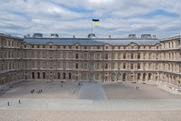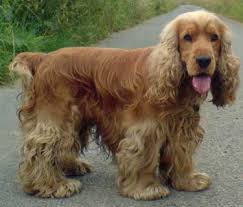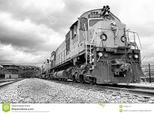Now, we have just concluded a bitter presidential campaign, and I’m starting to see another group of people, who should know better, elevating their candidate to the level of God and Savior. Trump is not a god, and in no way is he anybody’s savior. He is a mortal human with many flaws. He has some good ideas and some horrific ideas.
I wish to be clear that the idolizing of a political candidate or office holder is idolatry and violates one of the top Ten Commandments about having no other Gods. (Note: Read the book of Danial.)
I’m certain that every single person I know who has shown inappropriate idolization of their hero or heroine can insist at this point their behavior did not cross the line.
Yeah, it did cross the line.
Here is your litmus test for how biased you might be about the godliness of your own choice for our political leader. Can you name three good things about the opponent? It should be easy.
I loathed Bush’s policy of creating war in the Middle-East and giving his buddies tax breaks while impoverishing the common people. I can still name three things I did admire or like about him. He seemed to be charming and personable with those he met. Other world leaders spoke well of him. He had simple likes. He admitted that his favorite thing to do was clearing brush on his ranch. His focus on helping wounded veterans is very admirable. I cannot like him because of his policies on war and the lies he told us to start those wars, but I can see traits in him that I can respect. I don’t call him a god, a demon or the Antichrist. He is human.
What about Obama? I disagree with his policy in the Middle-East and Africa as much as I did Bush’s. Still, I find things to respect and admire about the man. His speeches are the finest I’ve heard in my lifetime. He is obviously intelligent. He has behaved with dignity and grace throughout his term of president. For those who think my praise is too mild or over exaggerated, look closely at your own thoughts. Obama is not a god or a demon or the anti-Christ. He is human
I can go through the same exercise with both Trump and Hillary Clinton or Bill Clinton for that matter. All of these people are human, not gods or demons. They are flawed and have made mistakes. Many of those mistakes have cost other people their lives. Some mistakes have cost me tens of thousands of dollars through the mismanagement of public trust. I expect I’ll lose more money through manipulation of the nation’s resources in the future. Still, I can find nice things to say about every candidate. Mine is not a policy of being a Polyanna but one of understanding that recognizing human frailty frees us to find a realistic balance in how we view others.
There is no moral high ground in elevating a mortal human to the position of God and Savior, so stop and think about what you are doing. Part of recognizing the need to cooperate with other people in this country is maintaining a humble attitude toward your own choice of candidate.
Nobody will go to hell because of their vote. How we treat others and the place our leaders hold in our lives will determine what kind of energy we create in this world, whether for good or evil. Our behavior and attitudes also determine what kind of energy, for good or evil, we carry with us beyond our lifetime.
Ease up on your fellow citizens and recognize that your own position might be overzealous. Try to find the good in others. Hope for the best. Prepare as best you can for our leaders to fail us, for they will. They are not gods.




 RSS Feed
RSS Feed